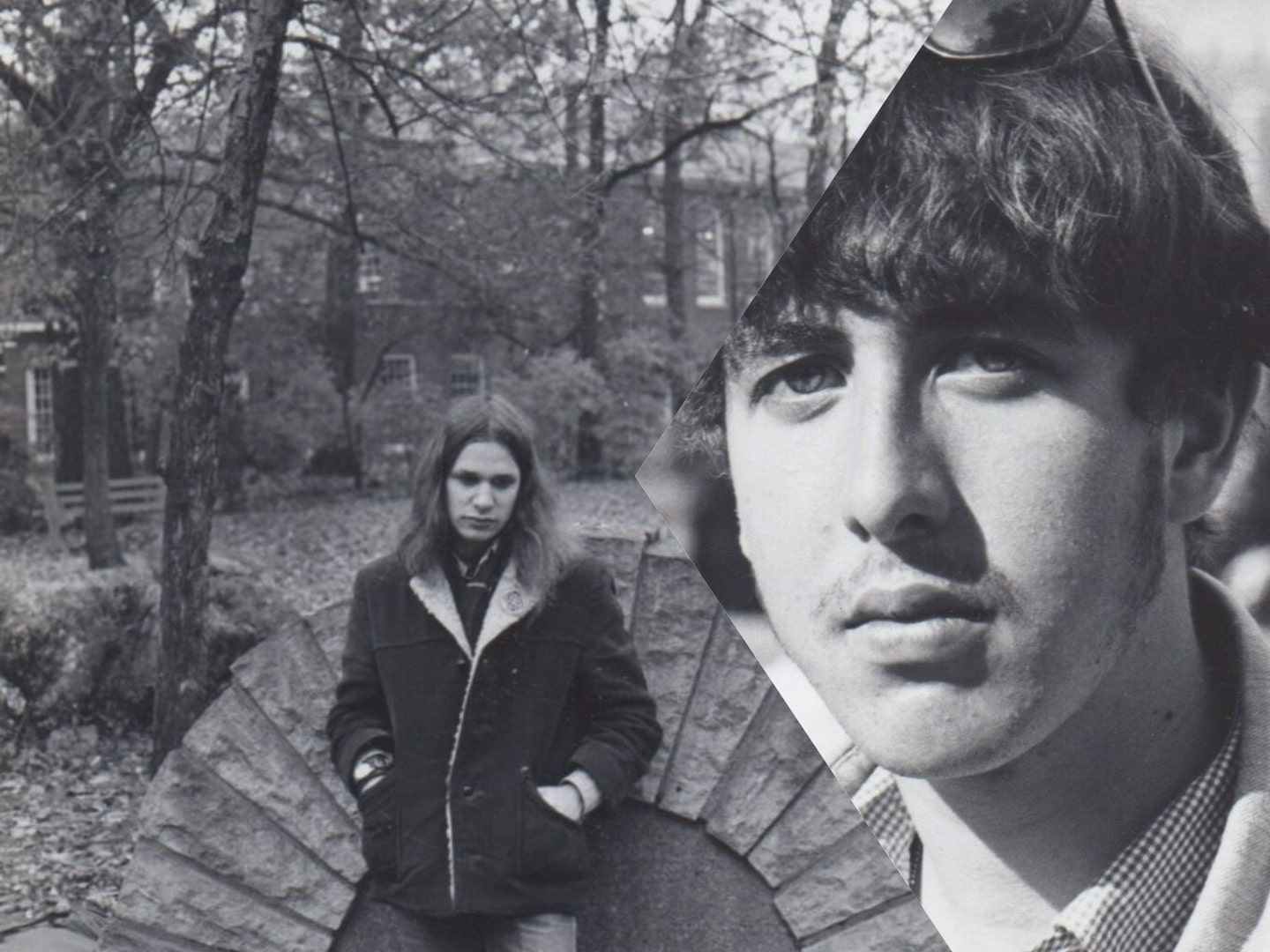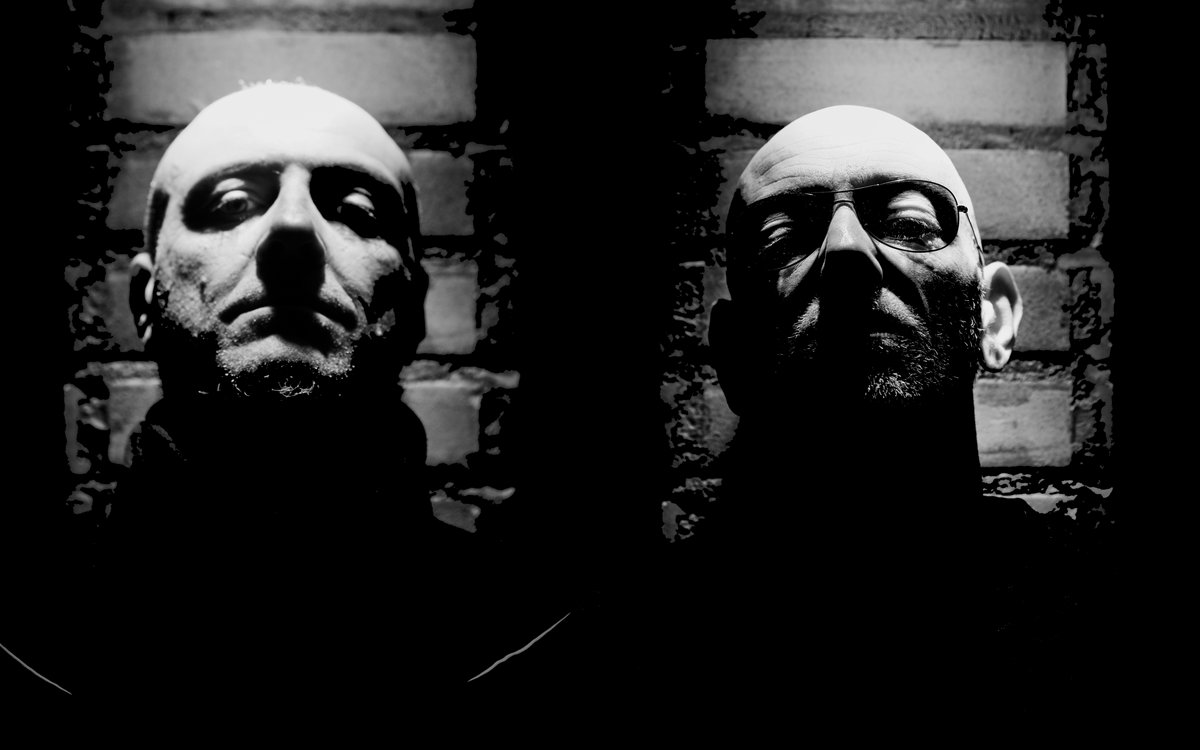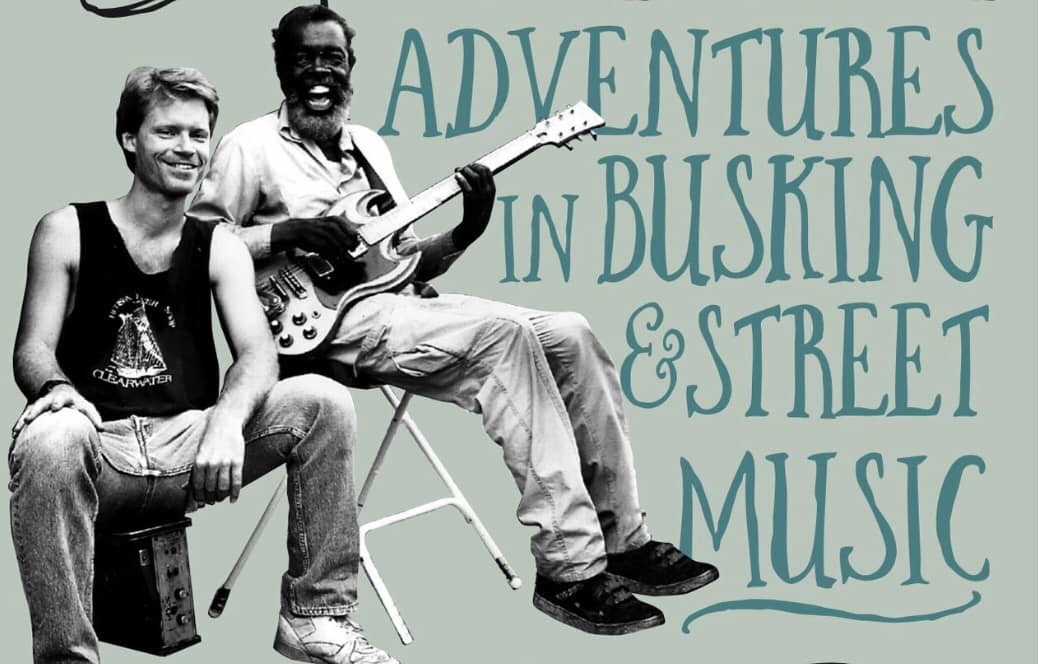Chicago’s Underground Revealed | Brevity’s Long-Lost Album
Back in 1970, Chicago rockers stepped into the studio, and now, 50 years later, we’re finally hearing the magic they created.
‘Home Is Where Your Dog Is’ isn’t just an album—it’s a story of lost time, a piece of musical history that was left to gather dust and has now, finally, found its moment in the sun. This long-lost gem from Brevity occasionally sound as quirky as The Kinks and as grand as Procol Harum. Lovingly restored by the wizardry of Prof. Stoned, these tracks feel as though they’ve been waiting for us all along, aging like fine wine in a dusty vault. Featuring the early genius of future Athanor and Skooshny members, the album is a sonic time capsule filled with beautiful harmonies. Let Brevity’s long-lost masterpiece show you what Chicago’s underground was cooking up in 1970—you won’t regret the wait.
Fast forward to today, and Think Like A Key is playing musical archaeologist, unearthing Home Is Where Your Dog Is. It’s not just an album—it’s a treasure trove of proto-power pop goodness. And the story doesn’t end there. Vittenson and Breyer (along with drummer David Winogrond) went on to shape the Chicago/LA music scenes with their subsequent bands, Athanor and Skooshny.
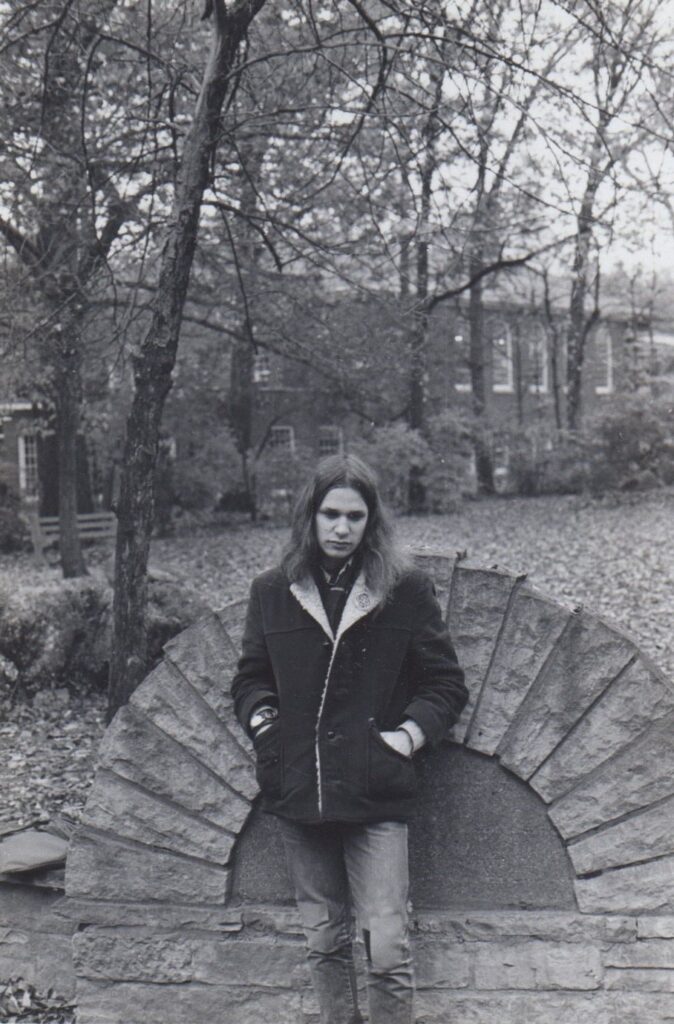
“We strived to use as little language as possible to express an idea”
Brevity’s name is a clever mash-up of your surnames, but it also carries the meaning of “conciseness” or “economy of expression.” How did this concept influence your music and approach to songwriting?
Rick Vittenson: In addition to that concept, Mark Breyer and I were also guided by Shakespeare’s line from Hamlet, “Brevity is the soul of wit.” We strived to use as little language as possible to express an idea. If you listen closely to our music, there’s truly little repetition in our lyrics. Although Shakespeare used the word “wit” to mean “intelligence” (sorry… I was an English major in college), we liked the idea of “wit” being “humorous.” Mark and I were huge fans of The Kinks and The Who, who managed to bring humor to their always clever lyrics.
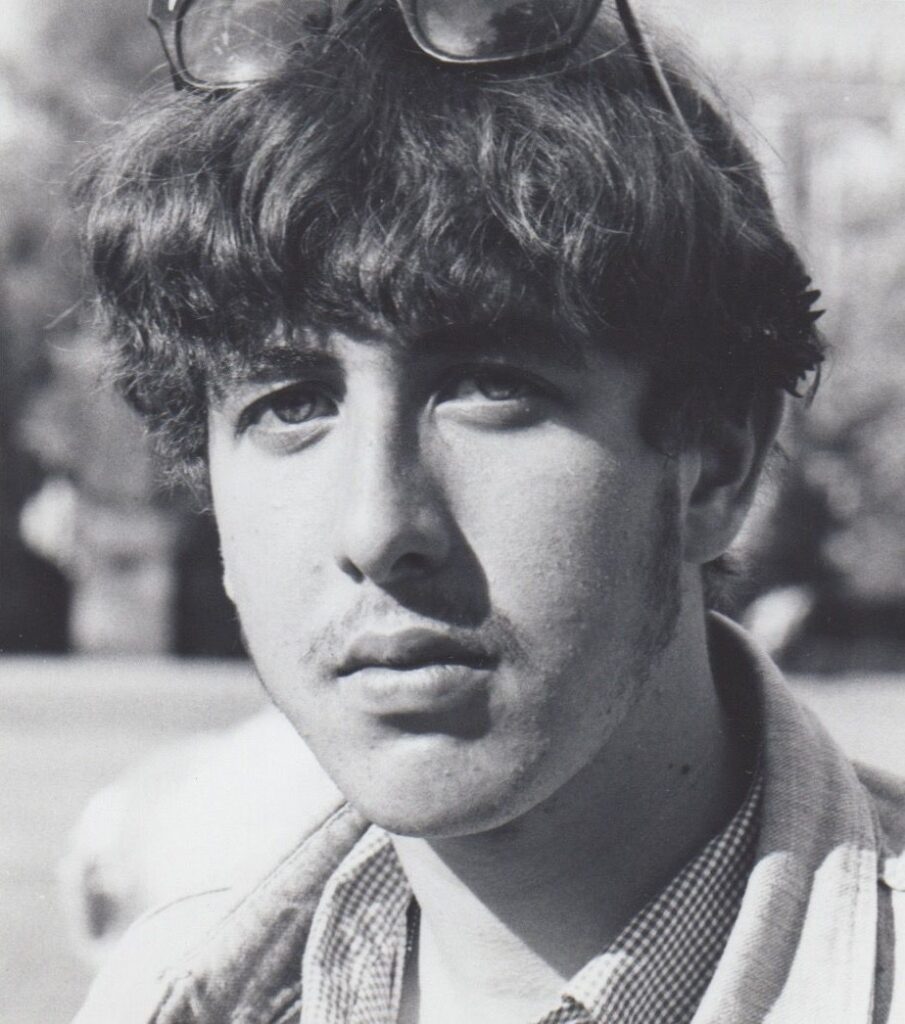
In the early days, how did the Chicago music scene influence Brevity’s sound, and what was the process like for you and Mark to find your unique musical identity?
Rick: I’m not sure that the Chicago music scene influenced our sound at all. Of course, we went to the local clubs and got to see some amazing Chicago-area bands like The New Colony Six, The Mauds, The Buckinghams, The Flock, The Cryan’ Shames, The Ides of March, and The Shadows of Knight. But we didn’t want to sound like them. We just wanted to break through like they did.
Mark and I were shy and awkward as teens and young men. We spent a lot of time in our respective bedrooms, reading, writing, and watching television. The Beach Boys’ ‘In My Room’ very much describes our existence in those days. We didn’t date much. Mark loved dogs, which shows up in quite a few of his songs. ‘Oleoleo’ is about our friend Patty’s dog Leo. And, of course, Mark always said that the name of our first album would be Home Is Where Your Dog Is.
Once we had written a song, we would meet up at Mark’s house (back to the bedroom) and go over the songs together. Since I was the sole singer, our sound became one of my interpretation and expression of the lyrics.
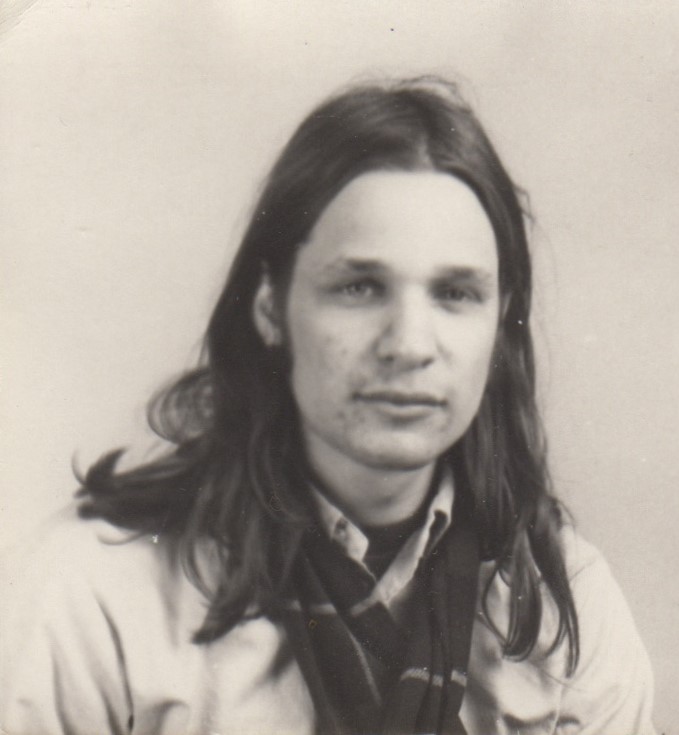
Your music has been described as a blend of the Byrds and the Everly Brothers with a British Invasion twist. Can you elaborate on how these influences shaped Brevity’s sound? Were there any specific artists or albums that played a pivotal role in your development?
Rick: My earliest memory of rock ‘n’ roll was when I was six years old, when a neighbor played ‘Love Me Tender’ for me. He was raving about Elvis, but I didn’t get it. But when I was seven, one of my older cousins played ‘Wake Up Little Susie,’ and I was hooked. The harmonies really drew me in. From that point on, as I listened to the radio and records, my brain focused on the background singers much more than the lead singers. It also subconsciously began both of our love for sibling harmonies… especially The Everly Brothers and The Bee Gees, and for me, the non-surfing and non-car songs of The Beach Boys.
I got my first guitar when I was ten. I would listen to American Top 40 radio and teach myself to play whatever I heard. But it wasn’t until The Beatles… I still remember the first time I heard them. Late December 1963. I was weeks away from becoming 14. It was a Friday evening. I was in my bedroom (always in the bedroom!), listening to WLS, 89.0 AM. The disc jockey kept saying, “The Beatles are coming. The Beatles are coming.” My mother was calling me for dinner. I wanted to know what the DJ meant by “The Beatles.” Mom kept calling me. I kept yelling back, “Just a minute.” And then it happened. ‘I Want To Hold Your Hand’ came blasting out of my radio. It was unlike anything I’d ever heard before. In that moment, my life changed.
I’ve always liked something I recall reading about what Bruce Springsteen said about when he first heard that song… that it was like some atomic bomb went off. As he said, “After that, it was nothing but rock ‘n’ roll and guitars.”
The next day being Saturday, since I didn’t drive yet, I went to work with my father, whose office was across the street from a department store with a record department. And that’s when I first saw them. Their look was also unlike anything I’d ever seen before. The record sleeve of ‘I Want To Hold Your Hand.’ The album covers of ‘Meet The Beatles’ and Introducing The Beatles. The spelling of their name. I bought every Beatles record they had, took the train home, and listened… and listened… and learned.
We kept a close eye on the British Invasion. We followed the British Top 10 charts and sought out the songs that weren’t crossing over to the US charts, just to hear what was happening. Mark’s father traveled to England for business and would come home with singles that blew our minds by bands we had never heard of… early Small Faces, Tomorrow, The Creation. We read Melody Maker and New Musical Express and would mail order records from England by bands that were yet to make it in the US. Along the way, we were exposed to British folk rock.
I don’t think we were influenced by The Byrds’ sound so much as by our admiration for Gene Clark’s songwriting. Although we both loved the sound of a 12-string Rickenbacker, we couldn’t afford expensive instruments in those days, so we never added that to our sound.
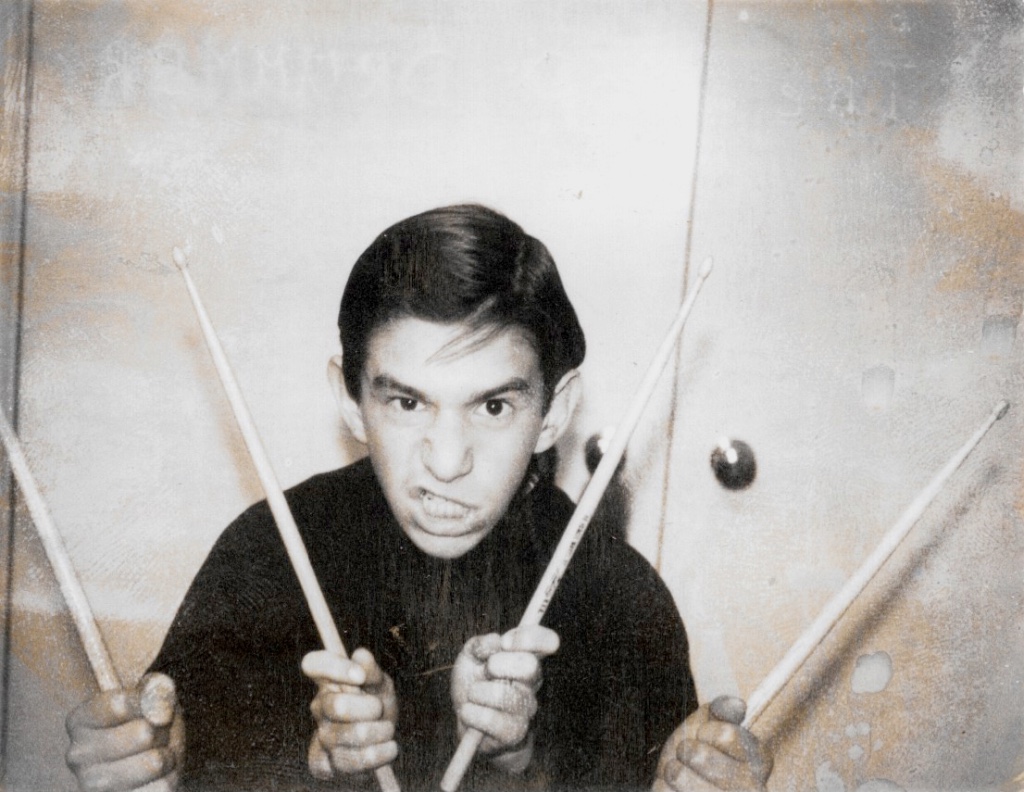
David Winogrond: The Byrds and the Everly Brothers description is also often used to describe Skooshny. The Byrds and the Everly Brothers were big influences on Mark, with the big 12-string guitar sound and Everly Brothers harmonies. A few years after Brevity failed to get anywhere, Mark and I moved to L.A., where I actually lived most of my life, and started Skooshny.
The first attempt at a Skooshny song, just to get things started since we didn’t actually have anything resembling a band yet, was to take the song ‘Cakewalk,’ which Mark wrote and Brevity recorded, and play around with the multitrack. We added Mark’s vocal. This was Mark’s first time recording his vocals in a studio. We also added some additional guitars in small spots and dropped the bongos overdub. We lowered Rick’s vocals in the remix so Mark was the lead vocal and called it Skooshny. This wasn’t really how Skooshny continued, stylistically, but it was a good start.
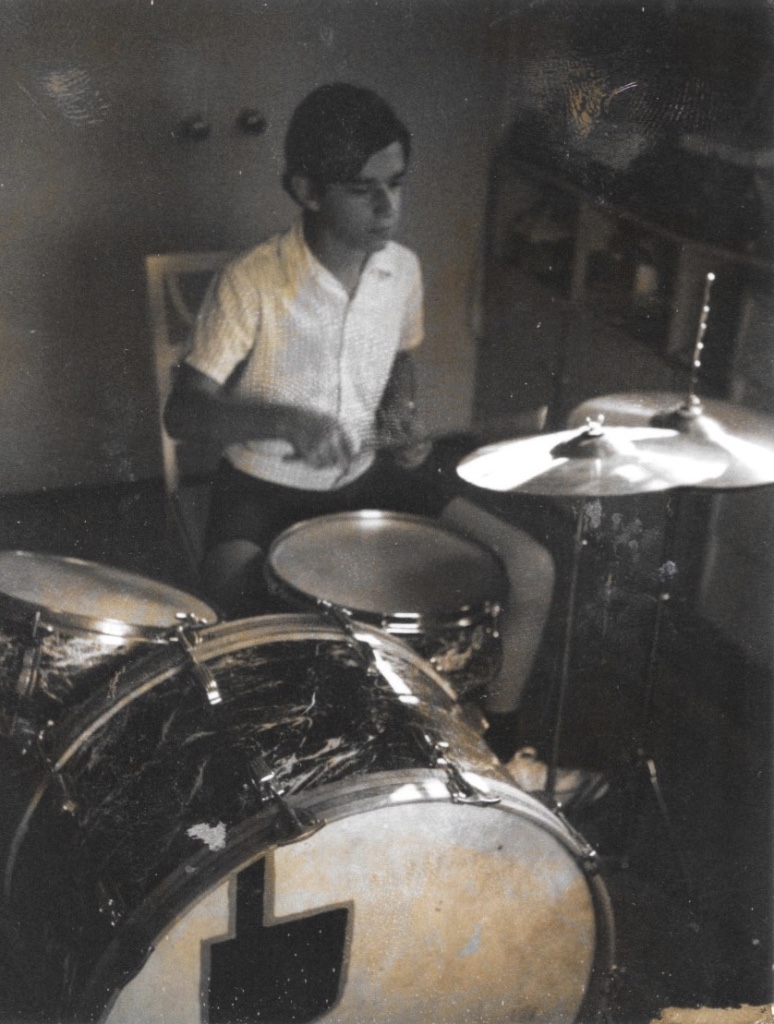
Brevity has drawn comparisons to Badfinger and Harry Nilsson, artists known for their melodic sensibilities and intricate harmonies. How did you balance the power pop elements with your own distinctive sound?
Rick: Your question reminds me of something a reviewer once said about Athanor—that we were power pop pioneers, unaware that we had any peers. I think the same could be said about Brevity. It’s just something that we always had in us. Both of us loved ballads, but we brought along a sort of rock ‘n’ roll sensibility to our music. We didn’t try to sound like anyone else. We simply soaked up everything we were hearing, and it came out as something of our own.
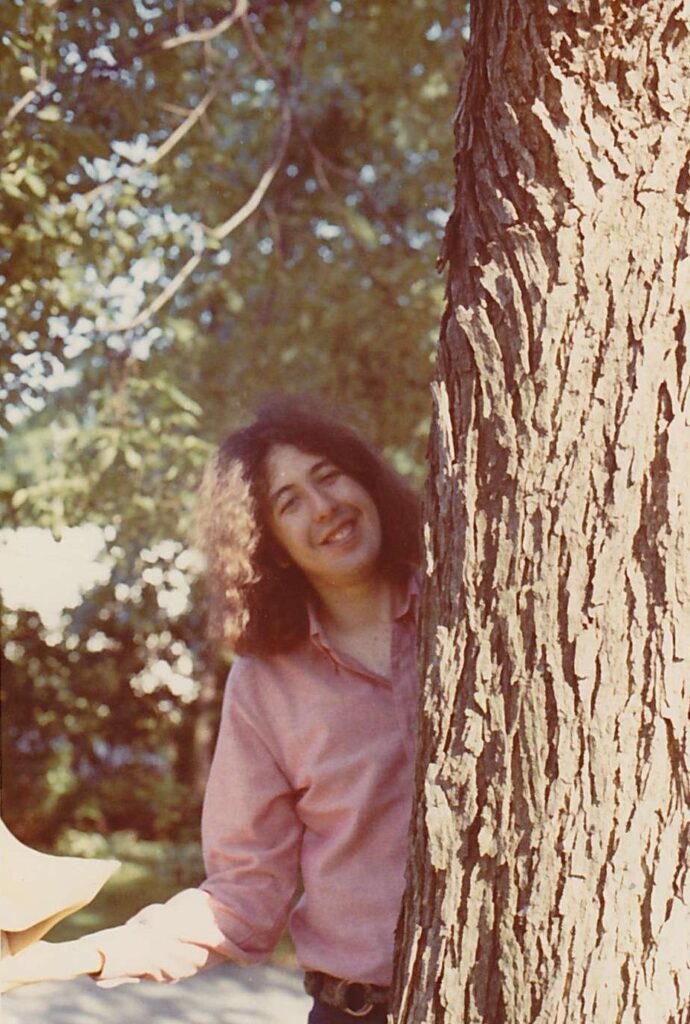
The album ‘Home Is Where Your Dog Is’ was locked away for years. Can you share the story behind its creation and why it wasn’t released back then? What emotions did you experience when Think Like A Key unearthed and released it after so many years?
Rick: Mark and I always thought that Brevity was worth hearing. As we got into our seventies, we remained hopeful that our music would see the light of day before we died. Sadly, Mark lost his battle with cancer in late October 2023. So it was with overwhelming sadness that I received the news in January 2024 that Think Like A Key was going to release our unreleased masters.
I was working in Orlando, Florida, in a room full of people, checking my email. I simply froze and started crying, thinking that Mark was less than three months away from hearing the news we had always hoped for. It took a while for the joy to set in.
Given the musical landscape of the ’70s, what challenges did you face in trying to get your music heard? How close did you come to signing with Island Records or Frank Zappa’s Bizarre/Straight label, and what ultimately led to those deals not materializing?
Rick: We were out of step with the mainstream. We weren’t quite singer-songwriters, and we definitely weren’t soft rock. American labels were notoriously always looking for music that sounded like whatever was already topping the charts. So many of the responses we received (in an era when you actually received responses) suggested that we try sounding like someone else.
Failing to get any traction in the US, Mark and I decided to shop our tapes in England, hoping they’d be more open to our sound. We dropped off tapes with various labels and managed to get a positive response from Muff Winwood (yes, Steve Winwood’s brother), who suggested we meet. However, Muff was more interested in us as songwriters than as a band. He offered us positions as songwriters. After talking it over, Mark and I decided not to take him up on his offer and to continue pursuing our hopes as a band.
David: I was shopping the Brevity tapes in L.A., and one of the labels I pitched to was Frank Zappa’s Bizarre/Straight. Herb Cohen, the owner, really liked us and was considering offering us a deal but kept asking to hear more to help him decide. I remember one time riding up in the elevator with Frank Zappa. I was too intimidated to say anything.
On another trip to bring Herb new demos, I could hear previous Brevity songs blasting from his office as I walked in. But after recording and submitting several more demos, nothing happened. Not long afterward, the label went out of business. My guess is Herb might have known they were in financial trouble and was looking for something more commercial than the other acts on the label.
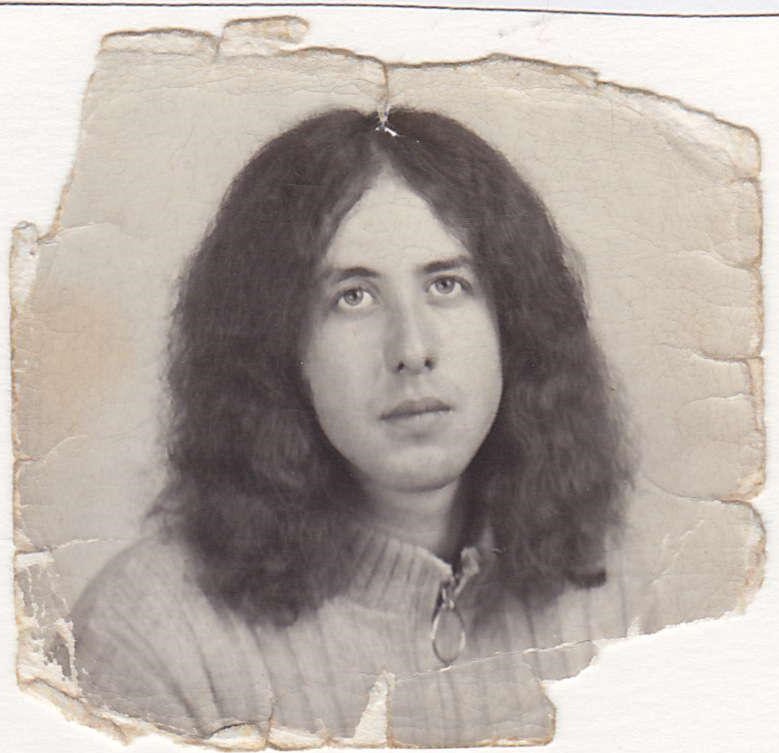
After Brevity, you and Mark went on to form Athanor and Skooshny, both of which have their own cult followings. How did your experiences with Brevity inform your work with these later projects?
Rick: Interestingly, the experience with Athanor was remarkably similar to the experience with Brevity. Keep in mind that Athanor was formed in the ’70s. Record labels still wanted us to conform to the hitmaking formula. “Try sounding more like The Eagles.” “You should listen to The Captain and Tennille and get back to us.” We struggled to get noticed.
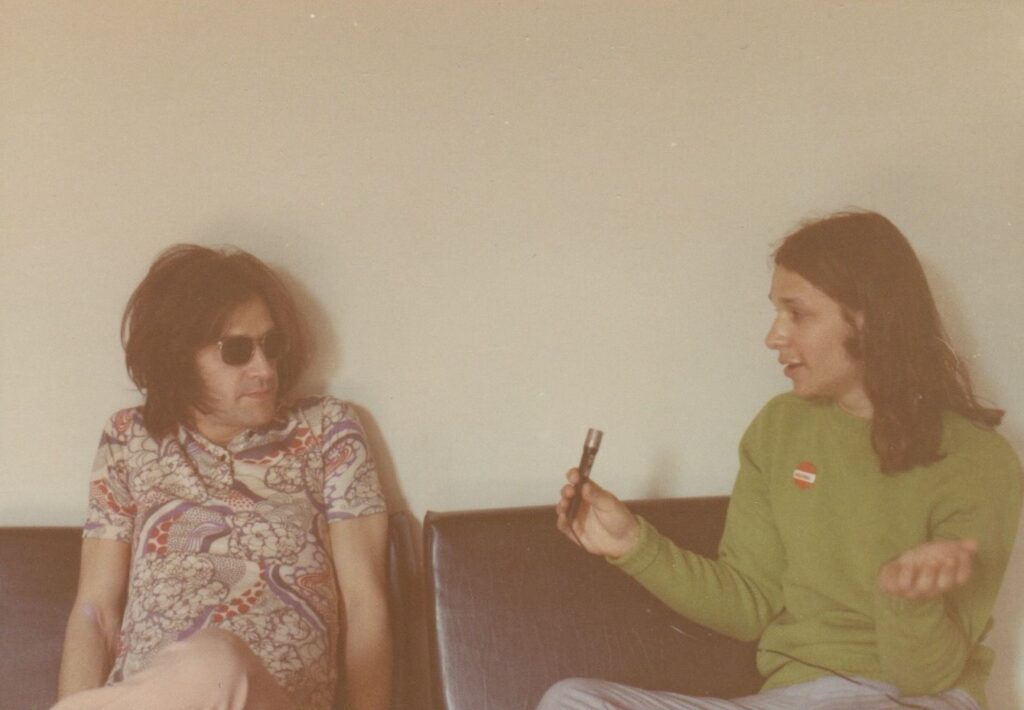
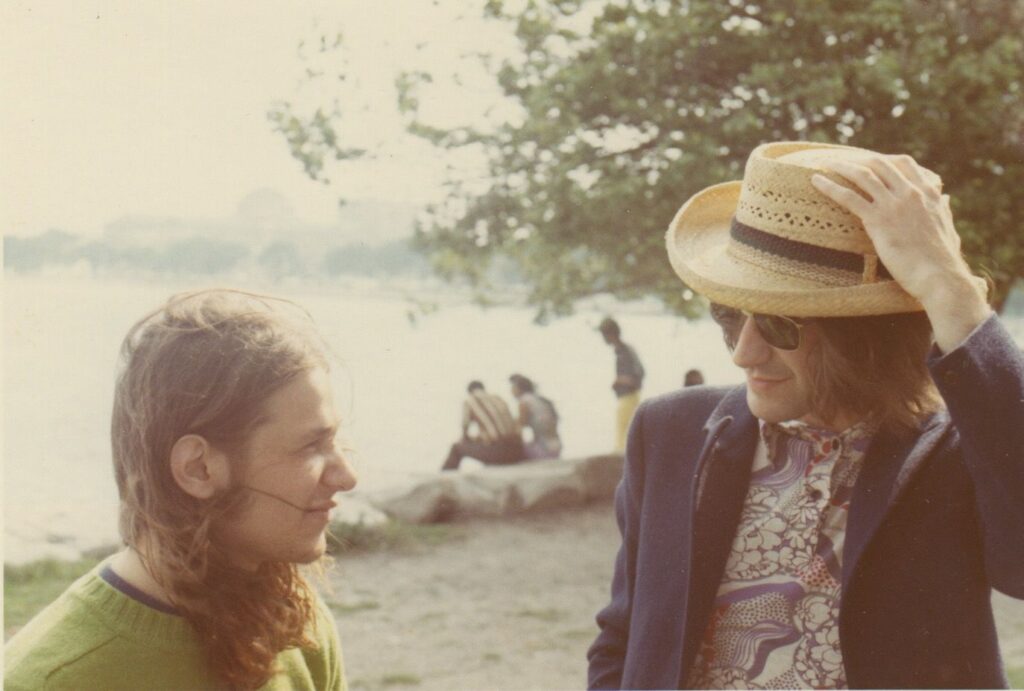
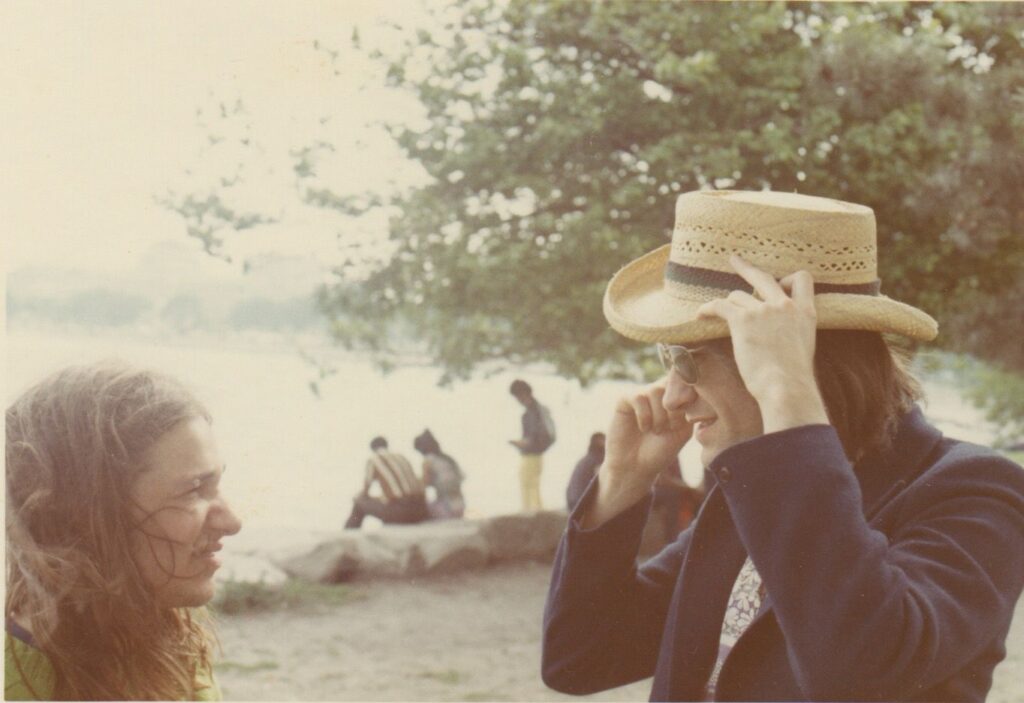
How did your time with Brevity influence your later work in these bands?
Rick: Recording technology had progressed sufficiently between 1971 and 1973–1975 that I was able to truly indulge myself in my love of harmonies. No longer limited to two-part harmonies, we were able to arrange incredible walls of harmony.
David: Rick went on to form Athanor. I was on their first single, ‘Inner Space’ b/w ‘Graveyard.’ Meanwhile, I went on to start a prog rock band called Graced Lightning with a couple of musicians who had appeared on Brevity recordings. I was with that band for just over two years. We gigged regularly in the Chicago area.
I suggested to Graced Lightning that we all move to L.A., since I thought we should try to branch out of the local scene we were playing to. They didn’t want to, so I quit and moved without them. Mark joined me shortly after, and we started Skooshny. During the time we were just getting started with Skooshny, we tried again to shop the Brevity tapes, including a remix of ‘Come See Paris (In The Fall),’ which became the final version. Not long after that, we gave all our attention to Skooshny.
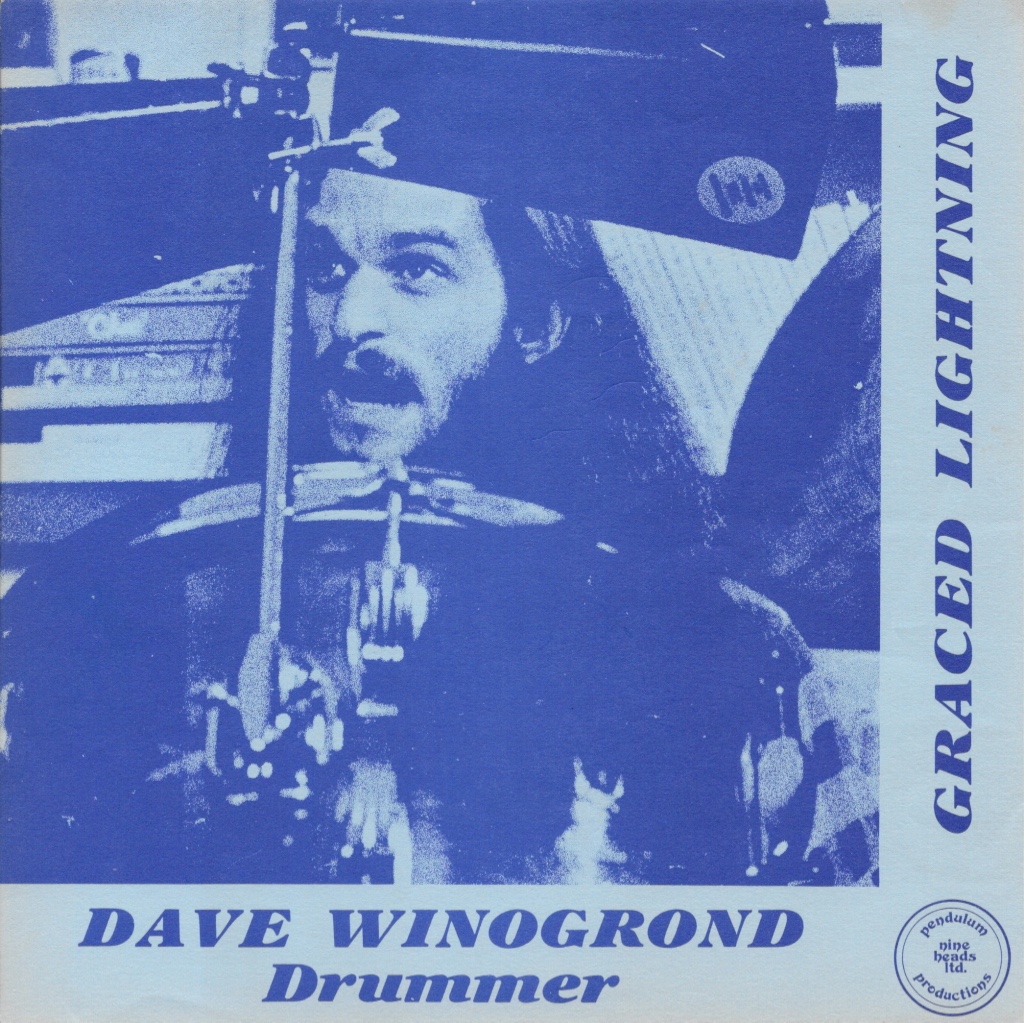
Chicago’s underground music scene in the 1970s is often overshadowed by other cities like New York or San Francisco. What was the scene like during Brevity’s active years, and how did it influence the band’s music and identity?
Rick: I think that the music scene in Chicago had pretty much dried up by the ’70s. We had so many incredible bands working in the clubs, putting out hit records in the ’60s, but the music changed. The San Francisco bands shifted the focus away from the upbeat pop and horn-led music being made in Chicago. Psychedelic music was everywhere. Country rock was starting to make headway. So was hard rock. The band Chicago moved to Los Angeles. But none of this affected Brevity in any way.
David: I moved to the Chicago area shortly before getting to know Rick and Mark, so I wasn’t really involved in any Chicago scene at that point. But I found a lot of great musicians there. When I first moved there, I started a band and got us a gig in just a few weeks. I was surprised by what a supportive music scene they had there. Brevity was just starting out and wasn’t playing live yet. Nobody really knew we existed outside of immediate friends.
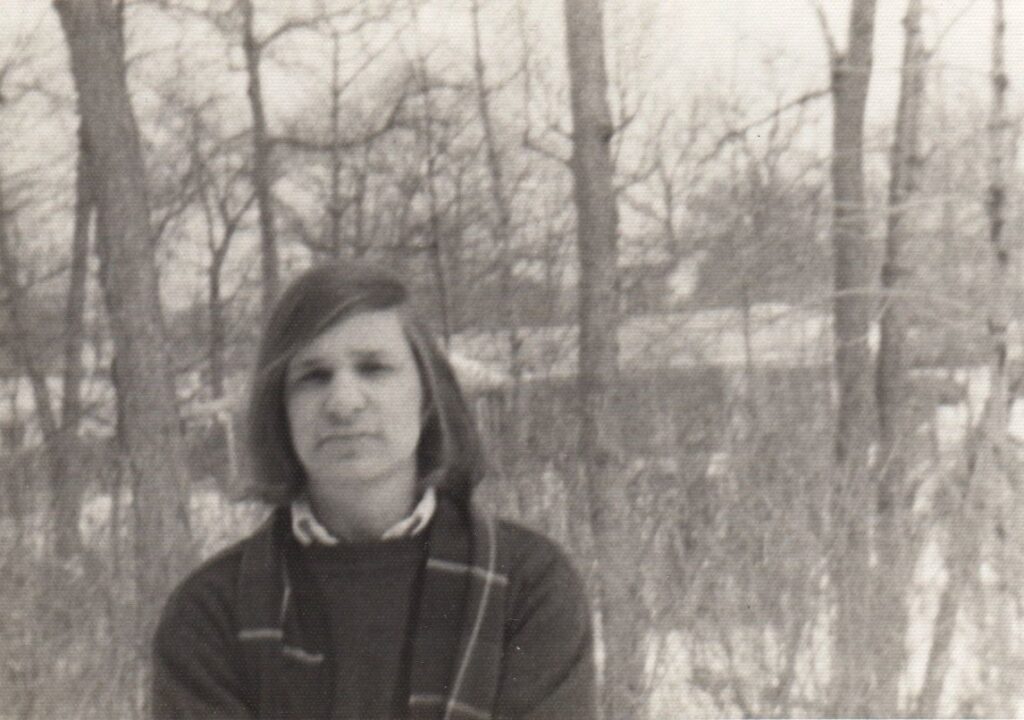
Although Brevity was short-lived, its impact has endured. How do you feel about the band’s legacy now that the album is finally out?
Rick: Hopefully, this album showcases our strength as songwriters early on. I’ve always been happy to simply be part of the incredible world of independent music. It’s gratifying that Brevity’s music is now available to people like me who still love seeking out good music that they’ve never heard before.
Given that ‘Home Is Where Your Dog Is’ has finally seen the light of day, is there any other unreleased material or lost recordings from Brevity that fans might get to hear in the future?
Rick: This release is complete. It includes demos that we never brought to the studio. There are still a handful of demos of songs that I wrote and recorded that we never got around to working on. I don’t know whether those will ever be released. I’m working on a new album, so some of those songs might be reworked. Maybe not.

As you continue to make music and reflect on your career, how has your perspective on songwriting and creativity evolved since the days of Brevity? What drives you to keep creating after all these years?
Rick: I think that if creativity is in your blood, it never leaves you. I’ve never written for an audience. I only write for myself. If I’m happy with a song, that’s enough. However, there’s also the part of me that wants others to hear what I’ve done. I’d like my music to be released. And I absolutely love performing live.
Mark was different. He didn’t perform live. With Son of Skooshny, he didn’t worry much about whether his music reached a large audience. It was enough for him to record a song and put it out on streaming services with little marketing effort. He hated doing promotion or anything related to the music business. He figured it would find its audience.
David: I continue to make music simply because I enjoy the process. I’m currently working with a band called Youth Chairs. It’s sort of somewhere between The Shangri-Las, The Pretenders, and all sorts of other random influences. I was in the band from roughly 1979–1981. We reformed in 2016, starting with releasing our old demos in an album called ‘Everything,’ recordings that were initially only intended to be sent to clubs to get gigs. From there, we continued recording new material. We’re available on all the usual streaming and downloading platforms.
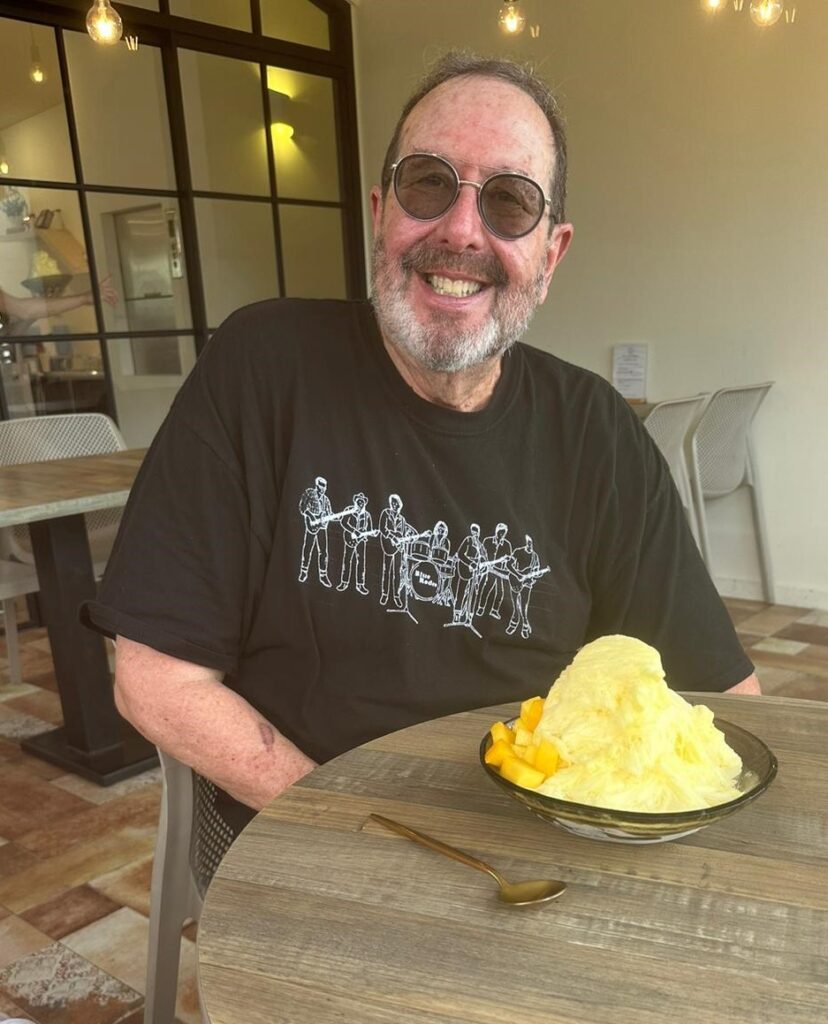
Thank you. The last word is yours.
Rick: Mark Breyer was my best friend since we were 14. We were spiritually inseparable for nearly 60 years. So, in many ways, I see this release as a tribute to Mark. He was an amazing songwriter. New York Music Daily once called him America’s best unknown songwriter… “the Elvis Costello of jangle pop.” I’m working on putting together a tribute album to him, gathering various artists to cover songs of his from his Skooshny and Son of Skooshny days.
Miss you, Marko. Love you.
Klemen Breznikar
Think Like A Key Music Official Website / Facebook / Twitter / Instagram / Bandcamp / YouTube
Athanor | Interview | “Flashback”

